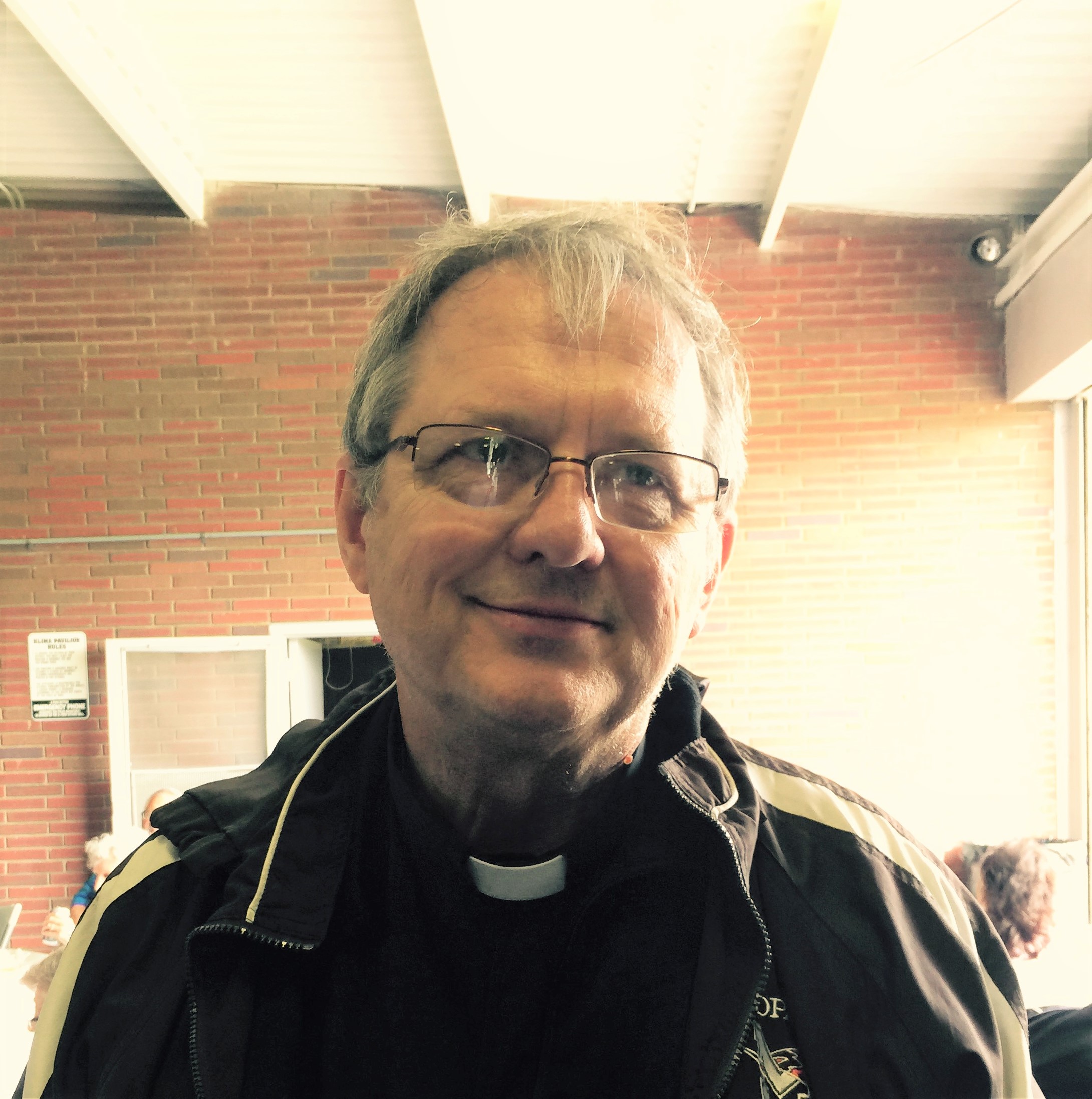|
Getting your Trinity Audio player ready...
|
This question came to my mind as I was reading the official magazine of my diocese. The publication took the place of the former diocesan weekly newspaper, and it is a typical example of what passes for Catholic journalism these days—glossy pictures, human interest, and very little that would remind readers of the almost apocalyptic state of world affairs. If you are interested in what is going on in the Church intellectually or socio-politically, you must look elsewhere for reading material.
Until, that is, recently. In an essay in Northeast Ohio Catholic, a former seminary professor, the Reverend Gerald Bednar, weighed in on the Eucharistic Revival with a unique perspective. The problem he found was that some folks want to kneel to receive Communion. Considering all the problems the decline of faith in the Real Presence implies, who knew that kneeling for Communion was something we need to be worried about?
The old professor admits that by a “quirky regulation” the rubrics permit the faithful to kneel to receive the sacrament. The reason this is not good, according to the prof, is that it “conceals the true purpose of the Mass.” Kneeling was an “accretion,” according to this luminary, like the Last Gospel, which according to Pater Bednar was “pared back” by the Fathers at the Second Vatican Council.
Orthodox. Faithful. Free.
Sign up to get Crisis articles delivered to your inbox daily
If you don’t remember that part of the Constitution on the Liturgy, Sacrosanctum Concilium, which was written before the Novus Ordo was composed by the “experts,” I confess (pardon the cliché, but, as Fr. Bednar seems to believe with Oscar Wilde, they make the whole world kin) we are in the same boat.
Speaking of boats, Fr. Bednar loves the metaphoric use of the word. “As Catholics line up for Communion, they take their places in the boat called the Church.” This does not stop the priest from throwing another metaphor into the mix: “At Communion time, we pick up our crosses with our Lord to follow him.” We receive strength to carry our crosses, no doubt, but we are there not to pick them up but to receive the King of Kings.
I would be remiss, however, if I did not share one of the jewels of the essay—what the author calls “an analogy,” which also has to do with boating.
Picture Gen. George Washington in a boat, about to cross the Delaware River. He exhorts his men to be courageous and to give it their all for the good of the revolution. In return, the men look up at him and applaud in admiration. Would Washington be pleased? Of course not. He would order them to grab an oar and pull. There is a time to applaud and a time to row.
Fr. Bednar has a taste for the exotic in examples. He taught the permanent deacon class about prevenient grace by showing them the arthouse classic Babette’s Feast. The more imaginative the reference, the more attractive the cliché.
So, Washington crossing the Delaware, a patriotic icon is an illustration for communicants. The general gives a speech history does not record, but it reminds the former professor of the mission element of Communion. The reductio ad absurdum is that the men applaud the general. So kneeling is like applauding? Washington’s hypothetical “displeasure” at the admiration of the men is the reason we should not kneel to Our Lord and Savior. Uh-huh.
Here’s another boating example. In St. Matthew’s Gospel 14:33, after Jesus walks on the water and invites St. Peter to do the same, they both get into the boat. “Those who were in the boat did him homage, saying, “Truly, you are the Son of God.” The disciples adored the Lord in the boat. I don’t think they applauded and were reprimanded by Jesus to bring the ship to shore.
The analogy, based on Emanuel Leutze’s famous picture Washington Crossing the Delaware, reminds me of what H.G. Wells said about Henry James’ novels, that they involved the construction of an empty church, lights all pointing to “a bit of string” on the high altar.
More to the point is a quote from St. Augustine that Pope Benedict XVI used in his Sacramentum Caritatis: “nemo autem illam carnem manducat, nisi prius adoraverit, peccemus non adorando”—“no one eats that flesh without first adoring it; we should sin were we not to adore it.”
Back to my question in the headline. A diocesan publication, in the context of the Eucharistic Revival, decides to give space to a professor’s pique about some of the faithful and their devotion to the Blessed Sacrament. The lack of sensitivity revealed also by the boiler-plate dissing of “accretions” to the liturgy. Your “accretion” could be my characterization of your “liturgical development.”
Are lay Extraordinary Ministers of Communion an accretion? Girl altar servers? Masses ad Populum? The disrespect of centuries of worship imply that we should abolish the many different rites of the Universal Church, the Byzantine, Maronite, Melchite, Malabar, etc.
When a change was made to the translation of the Collect of the Mass, very little was said by the bishops and liturgists, just as the change in the translation of the prayer of absolution in Penance is scarcely mentioned. One official comment on the correction of a Christological error in a translation used for over fifty years was that the elimination of “one God” for its change to “God” would not require buying new Missals. It came down to dollar and cents, apparently. That is the assurance the leaders were assuming the priests wanted to hear.
So, priests do not like some people’s preference for the centuries old Tridentine Rite, or the reception of Communion on the tongue or, horribile dictu, kneeling to receive Communion bothers some of the clergy. God save us!
Sometimes you have to wonder about how respectful priests are of the sensus fidelium.
